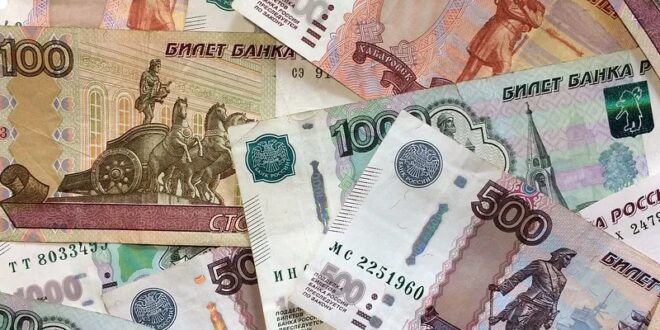What happened at the end of Soviet times and ultimately killed off the USSR is happening again in Russia today, Boris Grozovsky of Important Stories says. The country is producing rockets and tanks “but people don’t feel” any benefit from this as a result because those increases are being paid for by a decline in the standard of living.
That is the summary conclusion the analyst reaches on the basis of a survey of what is now happening as the Kremlin shifts the country to a wartime economy, something it wasn’t prepared for and is now moving toward only at the price of leaving the population without many of the goods and services it had become accustomed to (istories.media/opinions/2023/03/03/obshchestvo-nepotrebleniya/).
Many of the gloomy facts Grozovsky outlines in his article are already well-known, but one that has received relatively little attention but point to some specific changes in the country likely to emerge over the next few months comes from a Bank of Russia report (cbr.ru/analytics/dkp/report_02/).
Declines in the sales of non-food products has been highest in the Central and North-West federal districts where the Moscow and St. Petersburg agglomerations are located. There sales have fallen 12 percent. Elsewhere the declines have been less, in the three to six percent range.
Thus, the impact of the Ukrainian war on the population has been less noticeable on those who live in small cities and rural areas precisely not only because they were poorer to start with but because “the penetration of global players in these places is not so high,” Grozovsky says. People in them may thus have another reason for being more supportive of Putin than others.
The analyst is ultimately very pessimistic about the sustainability of the current trend for the long haul, but he warns those who expect something dramatic to happen quickly that it is quite likely that the Russian economy can “withstand several years of military spending of six to seven percent of GDP.”Moreover, he concludes, “even if the economy collapses, the regime itself can last longer, as the experience of Venezuela has shown.
 Eurasia Press & News
Eurasia Press & News




